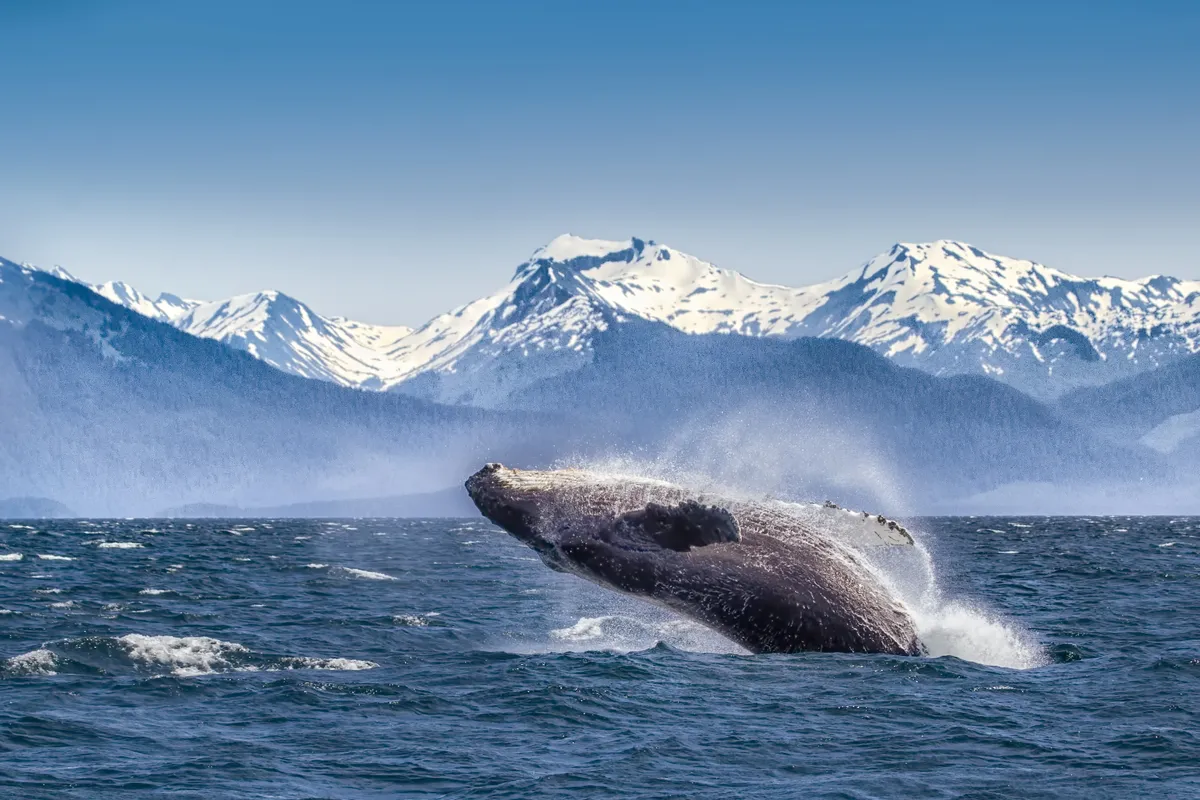The humpback whales of the western South Atlantic (WSA) have undergone an extraordinary recovery, according to a new study that suggests the population has grown to more than 90% of the size it was before commercial whaling took its toll.
Between the early 1800s and 1950s, the whaling fleets of South Georgia reduced the region’s humpback population from tens of thousands to about 450 animals.
The recovery only started after the International Whaling Commission (IWC) moratorium on commercial whaling in 1972.
In the mid-2000s, the IWC estimated that the population had recovered to about 30% of its pre-whaling size. The new study, however, which draws on newly available historical whaling data and the latest population estimates, suggests that prior to 1830 the population numbered about 27,000 animals and that it has now reached 25,000.
“Humpbacks are common today in places where they were hunted in the past,” says Alexandre Zerbini of the Marine Mammal Laboratory, who led the research.
It’s unlikely that many other whale populations have enjoyed comparable recoveries, says Zerbini. Part of the reason for the WSA humpbacks’ success is that modern sources of early mortality, such as ship strikes and entanglement with fishing gear, are relatively low there.

“This is not the case for some other populations of humpback whales – in the Arabian Sea, for example – or some other species such as North Atlantic right whales,” says Zerbini.
“Having said that, it is possible that various other populations have been recovering and we don’t know that because we have not measured their abundances in recent years.” He says fin and sei whales might fall into this category.
Might the moratorium on whaling need reconsidering in the light of the new research? “To me, it shows that the moratorium effectively protected whale populations and promoted recovery of many of them,” says Zerbini.
“Whether it justifies challenging the moratorium depends on whether management measures could be implemented to avoid unsustainable catches.
“It is unlikely, however, that the international community would be open to commercial whaling of humpbacks anytime soon.”
Read the full paper in Royal Society Open Science.
Main image: Humpback whale mother and calf. © Emma Holman/Getty